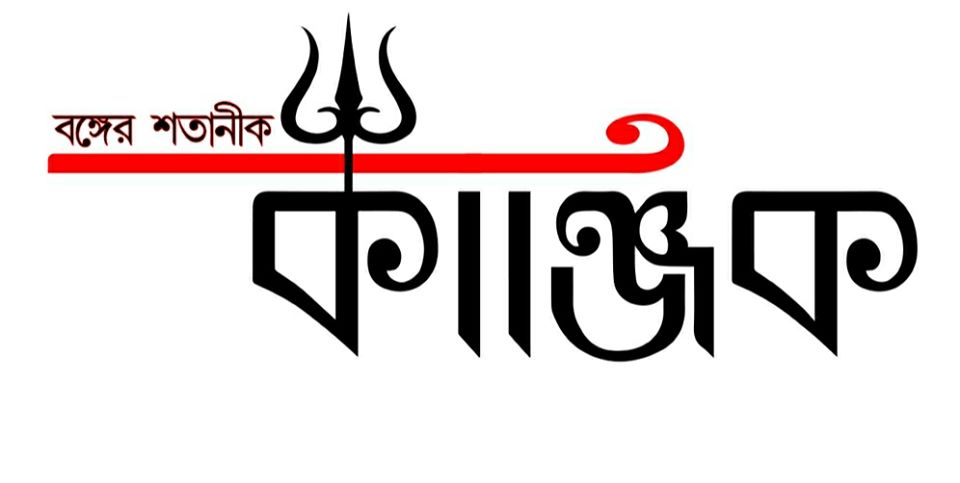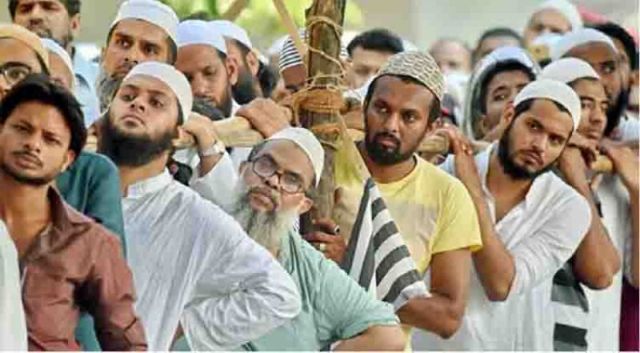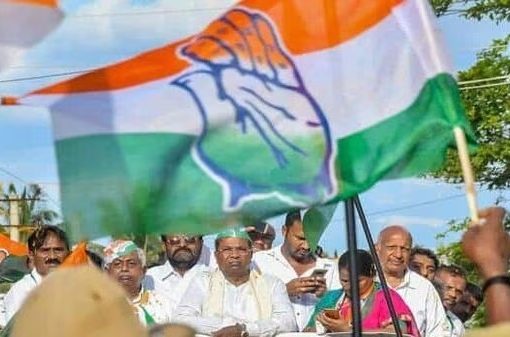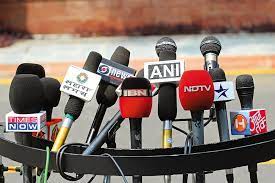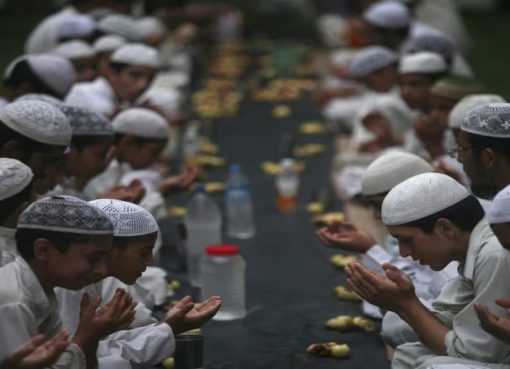– Hamid Dalwai
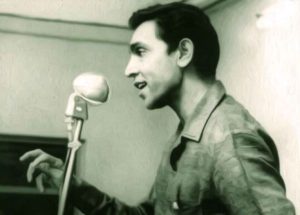 (There have been only a few truly secular Muslims intellectuals in the Indian socio-political scenario and Sri Haimd Dalwai happens to be one of those. In a brief span of life of 44 years, he had both the audacity and capacity to pertain and also speak out of what is unthinkable in the Islamic scenario still. If considered closely, his slant remains unavoidable to many including both Muslims and Hindus. He had been a founder member of Muslim Satyashodhak Mandal, Maharashtra and a relentless crusader for Uniform Civil Code and a ban on Tripple Talaq of Muslim women in India. Unfortunately, he remains obscure these days and it’s indeed a shame for us).
(There have been only a few truly secular Muslims intellectuals in the Indian socio-political scenario and Sri Haimd Dalwai happens to be one of those. In a brief span of life of 44 years, he had both the audacity and capacity to pertain and also speak out of what is unthinkable in the Islamic scenario still. If considered closely, his slant remains unavoidable to many including both Muslims and Hindus. He had been a founder member of Muslim Satyashodhak Mandal, Maharashtra and a relentless crusader for Uniform Civil Code and a ban on Tripple Talaq of Muslim women in India. Unfortunately, he remains obscure these days and it’s indeed a shame for us).
Secularism implies a dissociation of religious considerations from general and social life. The modern view of man and society includes secular attitude to all political and social activities. It does not insist abolishing religion altogether but regards religion as a matter of personal faith. The ethical values on which modern secular society is based are secular ethical values which are rationally derived. Religions may or may not contain a notion of fundamental human rights as we understand them today. As modern men, we do not rely on religion for deriving our concept of social conscience. Our social conscience is inherent in the democratic system of government we have accepted. The democratic ethic is liberal and is therefore, heterodox. It is thus necessary for a democracy to be secular, that is, totally disassociated from religion, to be a democracy at all. All communities and individuals in a democratic society have to conform to the basic liberal democratic ethic.
In many instances, we witness and inevitable conflict between human rights and religion based social attitudes. In such a situation, the only choice we have as modern democrats is to eliminate the obstacles to democracy created by certain religious attitudes. The very fact that in India we call Muslims a minority and Hindus the majority implies a non-secular attitude. Yet all political parties seem to regard this as a proper division. A secular distinction between people would be in the nature of a class distinction. For instance, a leader of the working class is a secular leader; a leader of Hindus or Muslims is not.
Secularism in India, although embodied in the Constitution, is as yet only an aspiration. It has not yet permeated our social life. It is even in danger today. Within the Hindu majority, there is a strong obscurantist revivalist movement against which we find a very small class of liberals engaged in fight. Among Indian Muslims there is no such liberal minority leading the movement towards democratic liberalism. Unless Indian liberals, however small they are as a minority, are drawn from all communities and join forces on a secular basis, even the Hindu liberal community will eventually lose its battle with communalist and revivalist Hindus. If Muslims are to be integrated in the fabric of a secular and integrated Indian society, a necessary precondition is to have a class of Muslim liberals who would continuously assail communalist dogmas and tendencies. Such Muslim liberals, along with Hindu liberals and others, would comprise a class of modern Indian liberals.
Liberal intellectuals emerge in any society only through a long and complex social, cultural, political and historical process. Today Hindus have an influential liberal elite only because Hinduism is historically heterodox and can accommodate dissent. The modern Indian liberal tradition starts from Raja Rammohan Roy, who was a product of the Hindu society. It leads through such secular (as against Hindu) liberals as Nehru to the present time.
The target of Hindu liberals has been Hindu orthodoxy. And due to their continuous critical evaluation and leadership in social reform, Hindu society as a whole has been benefited to a certain extent. I do not wish to suggest here that Hindu society has accepted the liberal democratic ethic and has modernized itself to any satisfactory extent; it has not. But this continuing liberal tradition places the Hindu community in a culturally better position than that of Muslims in India.
Why do Muslims in India lack a liberal elite? The answer has many facets. But one thing is certain. The explanation of Muslim backwardness is to be found in the very make-up of the Muslim mind.
Indian Muslims believe that they are a perfect society and are superior to all other communities in India. One of the grounds for this belief is the assumption that Islamic faith embodies the vision of a perfect society and, therefore, being a perfect Muslim implies not having to make any further progress. This is a unacceptable claim by modern criteria.
Islamic personal law runs contrary to the modern notions of human rights. Its anomalies are obvious to anyone except Muslim males and need not to be detailed here.
The second reason for this belief is the fact that Indian Muslims resent being a minority and still dream of spreading their faith throughout India or at least of ruling India. They suffer from delusions of grandeur and also from a persecution mania. I can cite a number of examples of this from the Muslim press in India and the statements of Leaders of the Jamaat-e-Islami and the Majlis-e-Masharawat. Another reason for this belief is found in the pre-partition history of Muslim politics in India. Muslims have always believed that they are state within a state and a society within a society. Their ideas of representation are based on this claim and therefore they run contrary to the concept of a democratic society itself. Today they believe in a parallel co-existence with the majority with complete autonomy as a law. But, going even further, Indian Muslims oppose family planning because they are obsessed with the idea of increasing their numbers to be effective in power polities. This is the same old dangerous attitude as led to the demand for, and creation of, Pakistan. Their sense of loyalty to Pakistan, that is, their view of the Kashmir problem and their defence of infiltrators in States like Assam, in another aspect of this anti-secular view. Their failure to identify themselves as Indians becomes obvious in these and many other ways.
The only leadership Indian Muslims have is basically communalist. As exceptional Muslim liberal like M. C. Chagla has no place in Indian Muslims society. Nor will individual modern liberals suffice. Indian Muslims today need an avant garde liberal elite to lead them. This elite must identify itself with other modern liberals in India and must collaborate with it against Muslim as well as Hindu communalism. Unless a Muslim liberal intellectual class emerges, Indian Muslims will continue too cling to obscurantist mediaevalism, communalism, and will eventually perish both socially and culturally. A worse possibility is that of Hindu revivalism destroying even Hindu liberalism, for the latter can succeed only with the support of Muslim liberals who would modernize Muslims and try to impress upon them secular democratic ideals.
I believe that the only remedy to Muslim communalism is an enlightened liberal intellectual leadership. This leadership, to have credibility and persuasive power, must emerge from amongst the Indian Muslims themselves. The first task of such a liberal leadership would be to destroy the hold of communalist leadership over Indian Muslim masses. The influence of organizations such as the Jamaat-e-Islami, the Majlis-e-Mashwarat and Tamir-e-Millat has to be eliminated. So-called ‘nationalist’ Muslims, who are basically communalist, must be exposed. Also, Muslims who are today leaders of political parties such as the Right Communist but like Mr. Mohammed Iliyas of West Bengal are proven communalists, must be exposed. The ulema must be prevented from propagating anti-national ideas in the name of religion. The communalist Muslim press must be rendered ineffective. In short, the pervasive influence of all kinds of communalists has to be rendered ineffective.
There are some Muslims who are members of the Indian elite but who are afraid of their own community’s reaction to modern attitudes. These uncommitted and hypocritical liberals are not only of no use, but are also a hindrance to the progress of Indian Muslims. They are either moral cowards or are apathetic to a great social problem which is also a problem of democracy in India. They must make a choice now. If they do not provide liberal intellectual leadership to Indian Muslims, the younger generation has to commit itself and carry out this task.
It is often argued that Muslim communalism is only a reaction to Hindu communalism. This is not true. The real conflict in India today is between all types of obscurantism, dogmatism, revivalism, and traditionalism on one side and modern liberalism on the other, Indian politicians being short-sighted and opportunistic, communalism and orthodoxy is always appeased and seldom, if ever, opposed. This is why we need an agreement among all liberal intellectuals to create a non-political movement against all forms of communalism. If this is not done, democracy and liberalism will inevitably collapse in India. The stakes are high. It is a pity that few people realize the gravity of the situation. It is even more unfortunate that they are hardly informed about the true nature of the problem.
